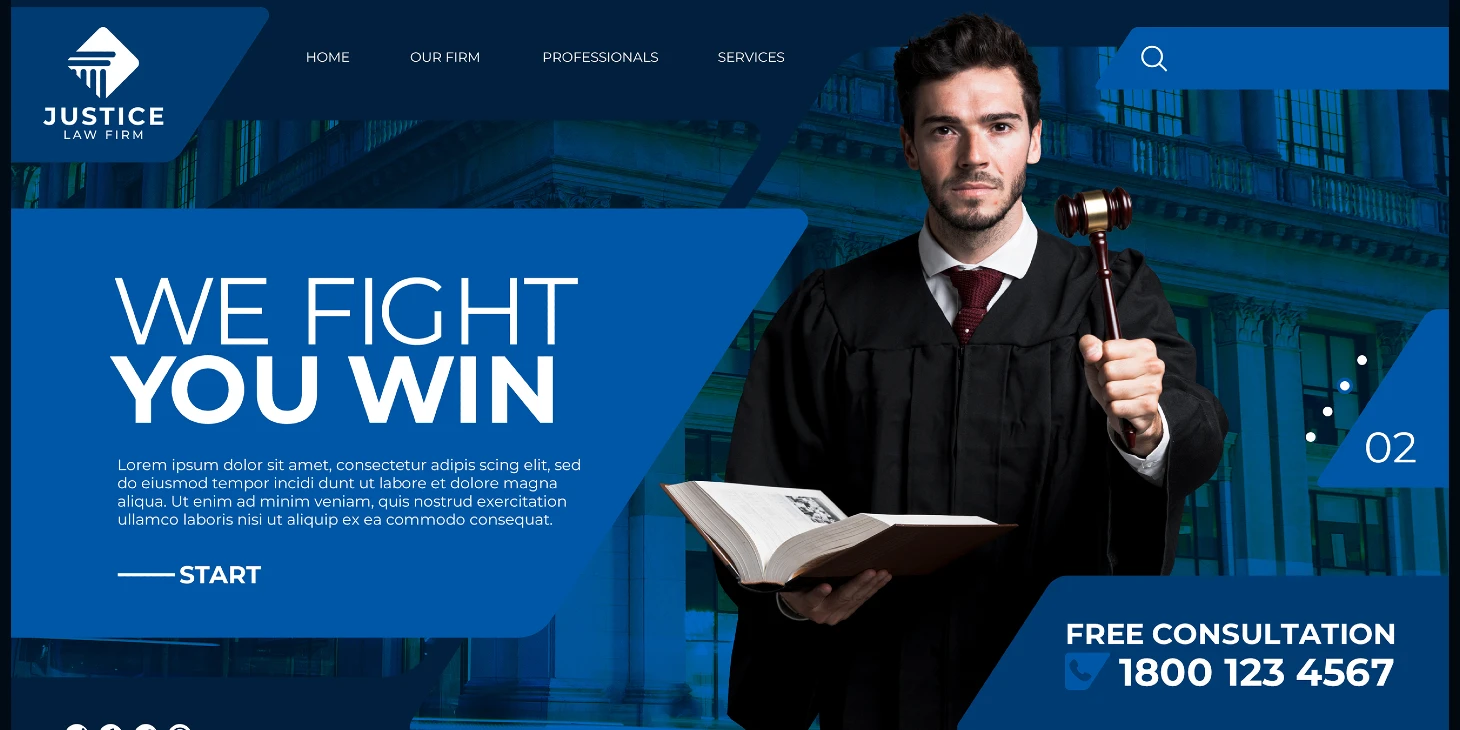Can Lawyers Advertise in India?
Introduction
In the age of digital transformation, one question that continues to puzzle law students and practicing lawyers alike is: Can lawyers market themselves in India? While professionals in other fields use websites, billboards, YouTube, and social media for promotion, the legal profession in India still faces strict restrictions.
This article explores the legal boundaries, ethical concerns, and global perspectives surrounding legal advertising by lawyers in India.
Are Lawyers Entitled to Advertise?
Like every citizen, lawyers in India enjoy fundamental rights — including the right to education and freedom of speech. But those who protect the rights of others in court seem to have limited freedom when it comes to promoting their own services.
Why this limitation? The Bar Council of India (BCI) considers law a noble profession, not a commercial business. Therefore, advertising is seen as contrary to its ethical foundation.
What Does the Bar Council of India Say?
The BCI Rules under the Advocates Act, 1961, particularly Rule 36 of Part VI, Chapter II, Section IV, clearly prohibit lawyers from advertising their services.
According to these rules:
-
Lawyers cannot promote their services on TV, print, radio, or social media.
-
Billboards and hoardings are not allowed.
-
Even nameplates must be of "reasonable size" and cannot mention:
-
Past judicial positions.
-
Memberships (e.g., BCI, Bar Association president).
-
-
Client testimonials, case results, and success stories are banned.
Interestingly, while doctors also face restrictions, hospitals are allowed to advertise. However, law firms in India cannot advertise at all.
Legal Advertising: What is It?
Legal advertising means any promotional effort by a lawyer to attract clients, such as through:
-
Print media ads
-
Television commercials
-
Websites
-
YouTube videos
-
Social media accounts
But under current Indian rules, all these mediums are off-limits — except for basic websites, which were allowed post-2008 with strict limitations.
What’s Allowed on Lawyer Websites?
After 2008, the Bar Council provided a slight relaxation:
Lawyers can create a basic website that includes:
-
Contact details
-
Educational qualifications
-
Areas of specialization
But these websites must not contain promotional content, flashy statements, or client-targeted slogans.
Why Is Advertising Banned?
The reason lies in the ethical foundation of the legal profession. If advertising were allowed:
-
It could lead to unethical competition, where large law firms dominate the visibility market.
-
Clients may receive misleading information, influenced by flashy ads.
-
It risks turning law practice from service-oriented to profit-driven.
-
In a field where life and liberty are at stake, sensationalism can cause irreparable damage.
Hence, the goal is to preserve dignity, professionalism, and public trust in the legal system.
The Global Scenario: How Do Other Countries Treat This?
United States
-
Lawyers can advertise on TV, radio, billboards, websites, and YouTube.
-
However, all ads are regulated under ABA Model Rules 7.1 to 7.5, which prohibit false or misleading claims.
-
Slogans like “No win, no fee” or “Injured? Call us now!” are common.
United Kingdom
-
Regulated by the Solicitors Regulation Authority (SRA).
-
Advertising is allowed, provided it is truthful and not deceptive.
Australia
-
Permits professional advertising under the Australian Solicitors’ Conduct Rules.
-
Ads must maintain ethical boundaries and avoid exaggeration.
India’s Position
-
India still adheres to strict no-advertising norms under BCI Rule 36.
-
Only basic, non-promotional websites are permitted.
Important Case Laws on Legal Advertising in India
1. Bar Council of India v. A.K. Balaji & Ors. (2018, Supreme Court)
-
Addressed the practice of foreign law firms in India.
-
Reiterated that Indian lawyers are prohibited from advertising, maintaining that legal practice is a noble profession, not a trade.
2. V.B. Joshi v. Union of India (2011, Delhi High Court)
-
A lawyer challenged Rule 36 as violating freedom of speech.
-
Court upheld the rule, stating that Article 19(1)(a) is subject to professional ethics and reasonable restrictions.
3. T.V. Ramasubbier v. C. Subramanian (1904, Madras High Court)
-
A colonial-era judgment emphasizing the ethical tradition of advocacy, even under British rule.
These judgments demonstrate a consistent judicial stance: Legal advertising in India must be restrained to uphold the sanctity of the legal profession.
Is Reform Possible?
The digital age demands greater transparency and access. While maintaining ethics is essential, many argue that:
-
Young lawyers need visibility to survive.
-
Clients have the right to make informed choices.
-
Controlled digital presence could ensure balance between service and self-promotion.
Globally, the profession has evolved into a regulated service sector. But in India, law remains closely linked with ideals of service and sacrifice.
Conclusion: The Ongoing Debate
India stands at a crossroads. As the world modernizes legal practice with responsible advertising, India continues to prioritize professional dignity over promotion.
But the question remains:
Should India allow controlled legal advertising on digital platforms?
Should lawyers at least be able to showcase their qualifications, achievements, and services on LinkedIn, websites, or YouTube?
Final Thought
“Legal advertising in India is not just a legal issue; it is an ethical one. Finding a balance between professionalism and progress is the real challenge ahead.”

